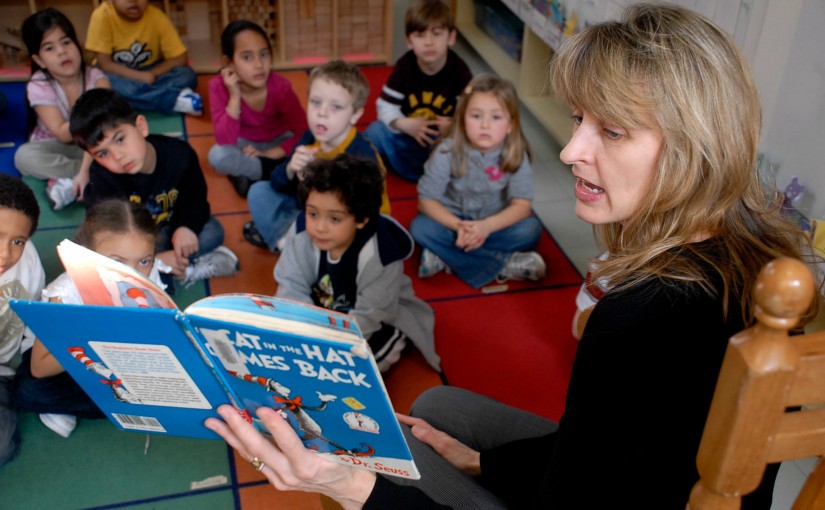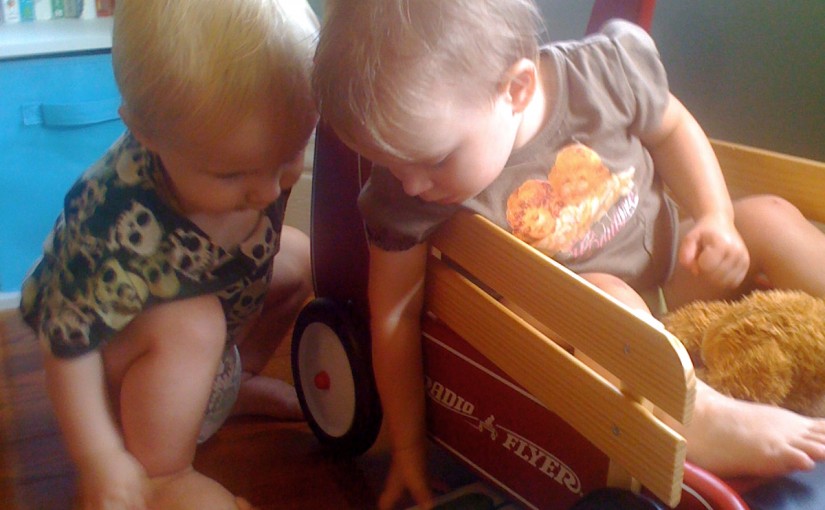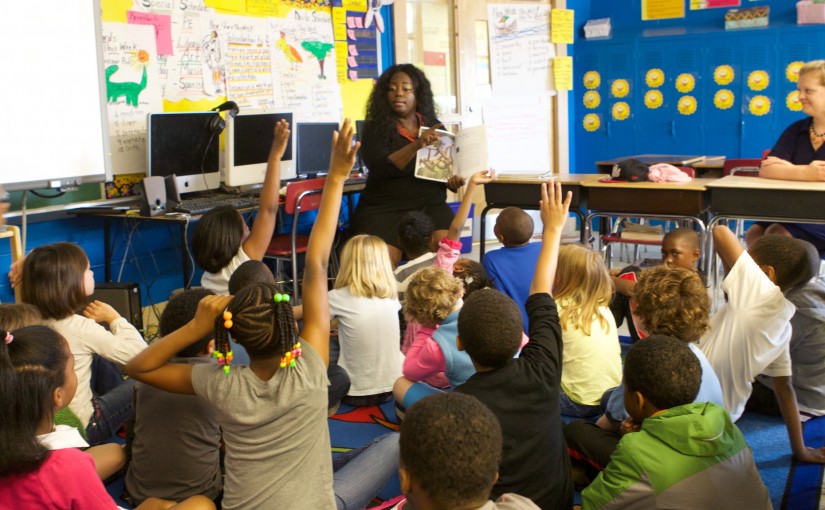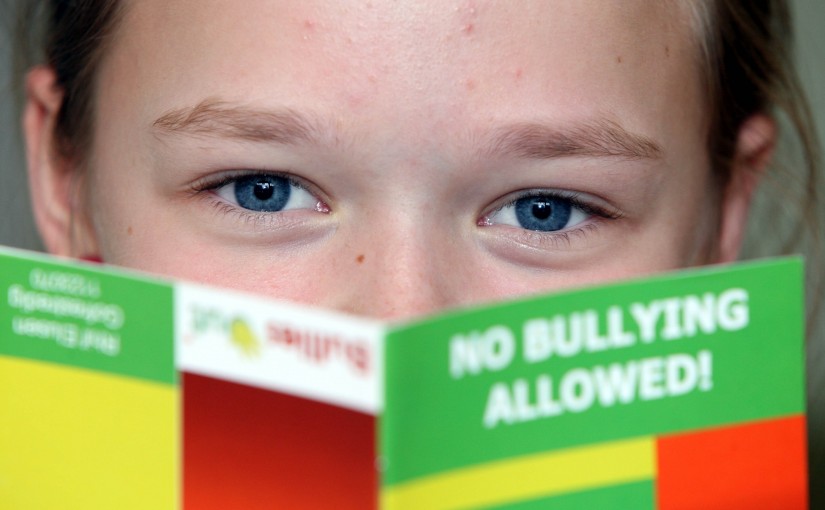Tag: Education
-

Teaching New Vocabulary Words
Learning vocabulary an important part of education and life at any age. In fact, several markers of success in life have been correlated to having a larger vocabulary. In addition to this, keeping your students at grade level standards for vocabulary comprehension is critical for passing standardized assessment like Common Core’s PARCC tests. But it…
-

Using YouTube in the Classroom
As technology becomes more integrated into education methods, utilizing YouTube in the classroom is a trend on the rise. Early studies testing its effectiveness are proving promising. In high school classrooms in Detroit, a video-enabled flipped classroom program helped reduce the fail rate for freshmen English and math classes by more than half. Additionally, semester…
-

The Benefits of Playdates for Autistic Children
For children with autism, it can be a challenge to make social connections with peers. For their parents, helping these children learn to play with others well is a common challenge. But like most things in life, children with autism can improve their skills for playing and socializing with practice. Which is a wonderful thing,…
-

15 Tips for Teaching the Highly Functioning ASD Child
The needs of a child with autism spectrum disorder (ASD) in the classroom can be very different from those of typical students in the class—even high-functioning ASD students require extra, and often, different kinds of support compared to typical students. ASD students have unique challenges including difficulty reading social situations and making friends; adapting to…
-

Understanding Asperger’s: A Teacher’s Guide
Students with Asperger’s syndrome present a unique set of challenges—challenges that many teachers are not provided with the appropriate training for. This can make welcoming a student with Asperger’s into the classroom seem daunting. Fortunately, there are a lot of resources available to help teachers fill the gap and educate themselves, so they can make…
-

What is Digital Learning?
As technology becomes more and more integrated into everyday life, it’s likely no surprise that it’s becoming a bigger part of education, too. The Alliance for Excellent Education defines digital learning as “any instructional practice that effectively uses technology to strengthen a student’s learning experience.” A digital learning approach to education allows more flexibility in the…
-

Bringing Out The Best In Your Special Needs Students
Every student has the potential to succeed. But in a traditional classroom, it can be harder for students with special needs to tap into that potential. Special needs students’ success can be limited by the unique challenges they face. It can require a thoughtful effort from teachers to ensure that special needs students thrive in…
-

How to Handle Bullying Situations In School
According to DoSomething.org, a whopping 3.2 million students are bullied each year. Most teachers want to help, but we can’t always prevent bullying situations from occurring, but we can be prepared to handle bullying properly when it does take place. Here are some tips to handle bullying situations involving your students: Responding to Acts…
-

Bullying: Advice for Parents and Teachers
What is Bullying? Put simply, bullying is when one child picks on another child. Bullying is defined as any unwanted, aggressive behavior from one or more children, toward another child or children. Bullying is often not an isolated event, but rather is repeated, or has the potential to be repeated. Bullying can happen in various…
-

Family Literacy Day
Every year on January 27, Canada celebrates Family Literary Day. This annual awareness event was created by ABC Life Literacy Canada in 1992 with the mission of spreading word about the importance of reading and engaging in literacy-related activities as a family. Literacy levels in Canada have become a serious issue. Here are some literacy…